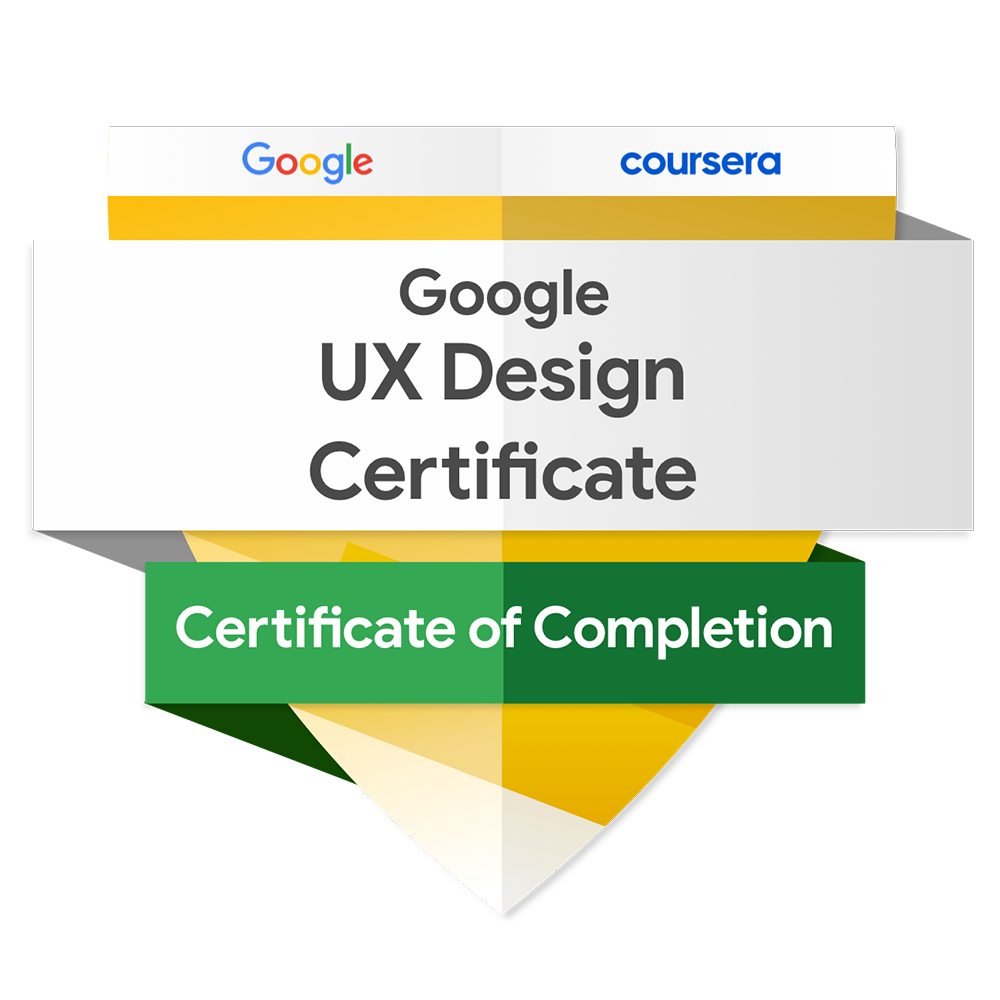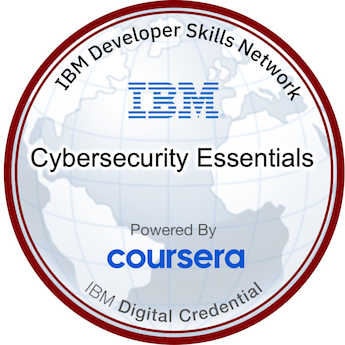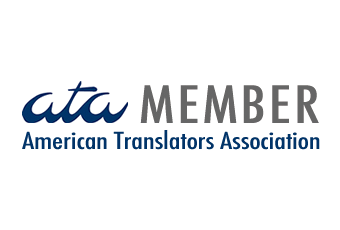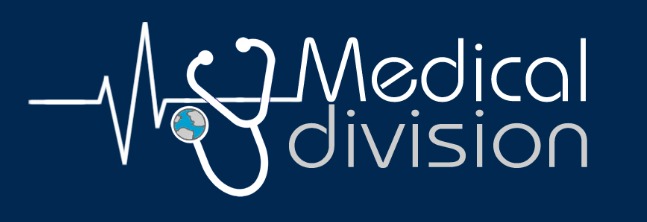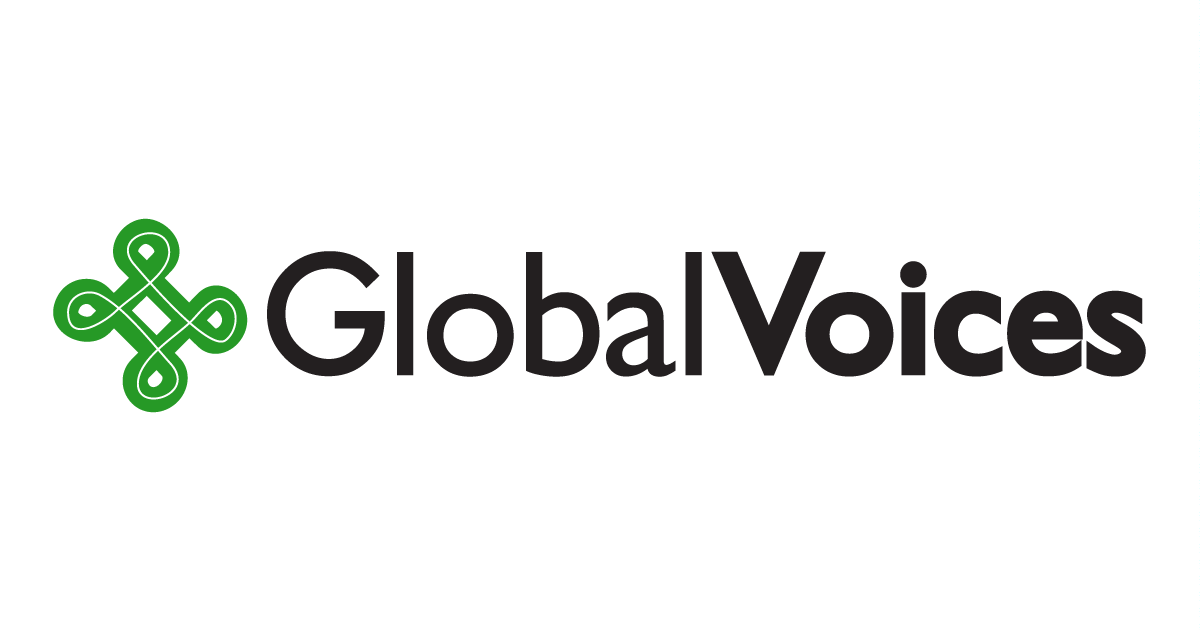Zoom-in: 5 MedTech Companies Changing the Game in Boston, USA
Boston is a global hub for medical technology, driven by its prestigious universities, cutting-edge research institutions, and a strong biotech ecosystem. The city is home to both established leaders like Boston Scientific and innovative startups advancing AI, robotics, and digital health. With strong collaboration between academia, healthcare, and venture capital, Boston remains a key player in shaping the future of medtech.
PathAI
PathAI specializes in using artificial intelligence (AI) and machine learning (ML) to assist pathologists in diagnosing diseases such as cancer more accurately and efficiently. The MedTech company is aiming to provide invaluable insights for biomarker discovery and drug development, and to improve laboratory workflows. In 2024, PathAI Recognized for the “Diagnostics Innovation of the Year” By
BioTech Breakthrough.
Kytopen
Kytopen focuses on providing innovative solutions in gene and cell therapies, specifically using its technology to improve the delivery of genetic materials into cells for research and therapeutic purposes. The company's non-viral gene delivery platform empowers researchers and developers to accelerate drug discovery, expedite optimization, and remove barriers to biomanufacturing scaling. Charles River Comparative Study Reveals that Kytopen’s Flowfect Tx™ Platform Outperforms Conventional Electroporation Platforms.
Freenome
Freenome is a biotechnology startup that uses machine learning and blood-based biomarkers for early cancer detection, aiming to revolutionize cancer screening with a non-invasive, blood test. In 2024, Freenome Announced Topline Results for PREEMPT CRC® to Validate the First Version of its Blood-Based Test for the Early Detection of Colorectal Cancer.
Qventus
Qventus leverages AI to optimize hospital operations, focusing on improving patient flow, reducing wait times, and enhancing care efficiency using real-time predictive analytics. In January 2025, the company announced the launch of its Perioperative Care Coordination (PCC) solution that alleviates the administrative burden and enhances productivity for pre-admission testing staff, reduces surgery cancellations, and optimizes more patients pre- and post-surgery.
CureMetrix
CureMetrix uses AI to improve the accuracy of mammography readings for breast cancer detection, providing radiologists with more accurate insights to help detect and diagnose breast cancer early. Their AI-based products and research are focused on leveraging artificial intelligence and deep learning to develop the next generation of medical image analysis technology that radiologists and patients can confidently rely on.

Share




